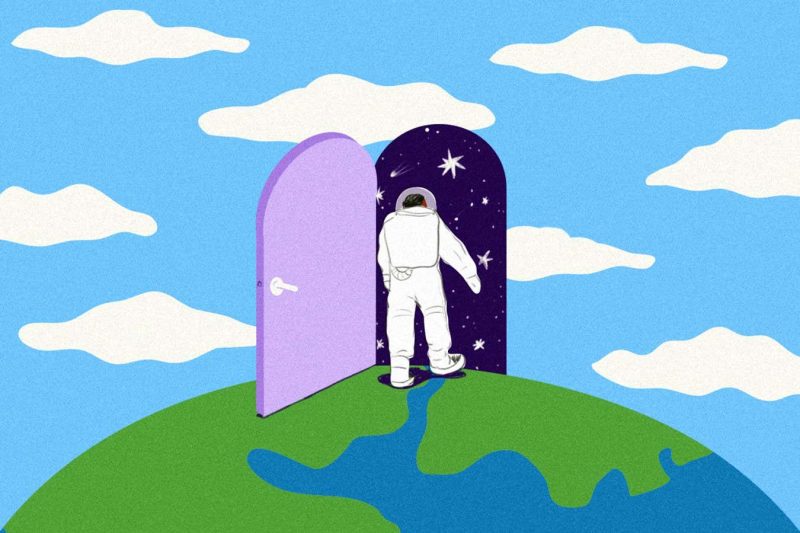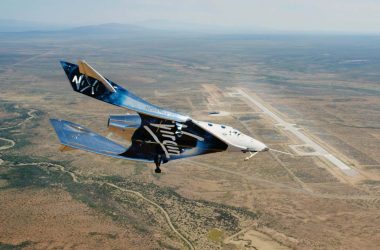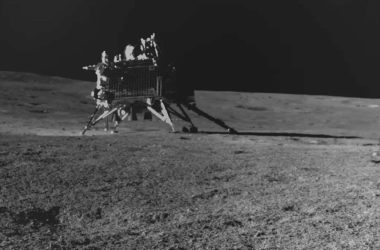Introduction
NASA has recently named its first astronaut crew bound for the moon in over 50 years, signifying the exciting opportunities for space exploration that lie ahead. However, as a cognitive neuroscientist specializing in the effects of non-terrestrial gravity on the human brain and behavior, I am concerned about the challenges to human health that this new age of space travel brings.
Are We Ready?
Advancements in rocket technology have brought us closer to extended space missions and even colonization of other planets. However, before we can fully embrace the potential of space exploration, we need to address the crucial issue of human health in space.
The Effects of Non-Terrestrial Gravity
One of the primary concerns is the effect of non-terrestrial gravity on the human body. Going to space is not like taking a leisurely vacation. The absence of Earth’s gravitational pull can have significant physiological and psychological impacts on astronauts.
Physical Effects
The human body is designed to function in a gravitational environment, and prolonged exposure to microgravity can lead to various health issues. Muscular atrophy, bone loss, and cardiovascular deconditioning are some of the physical effects that astronauts experience in space.
Psychological Effects
Being away from Earth for extended periods can also take a toll on the mental well-being of astronauts. Isolation, confinement, and the lack of familiar surroundings can lead to mood disorders, sleep disturbances, and cognitive decline.
Addressing the Challenges
Recognizing the importance of overcoming these challenges, scientists and researchers are actively working on solutions to mitigate the negative effects of space travel on human health. Here are some promising strategies:
Artificial Gravity
Creating an artificial gravity environment within spacecraft or space stations could help alleviate the physical effects of prolonged exposure to microgravity. By simulating Earth’s gravity, it may be possible to maintain muscle and bone mass and minimize cardiovascular deconditioning.
Psychological Support
Providing psychological support systems and resources for astronauts is crucial for maintaining their mental well-being. Regular communication with loved ones, virtual reality technology to create familiar environments, and counseling services can help mitigate the psychological challenges of space travel.
Medical Interventions
Developing medical interventions and treatments tailored specifically for space travel can also address the health risks. This may include dietary supplements, exercise regimens, and medications that counteract the negative effects of microgravity on the body.
Conclusion
While exciting opportunities await us in the new age of space travel, it is essential to prioritize the health and well-being of astronauts. By addressing the physical and psychological challenges posed by non-terrestrial environments, we can pave the way for safe and sustainable space exploration.








